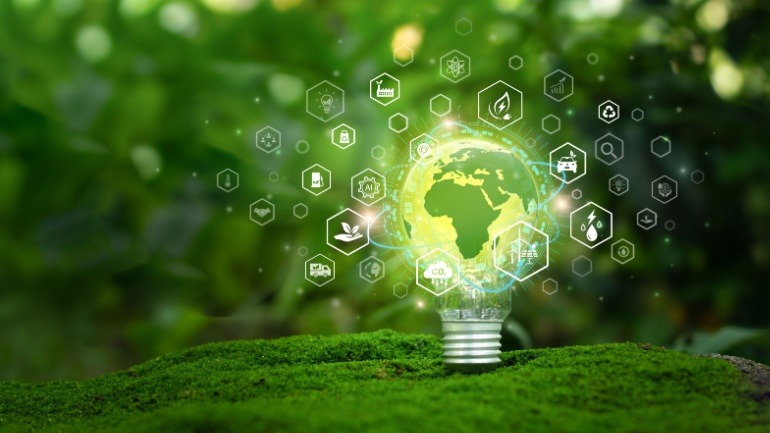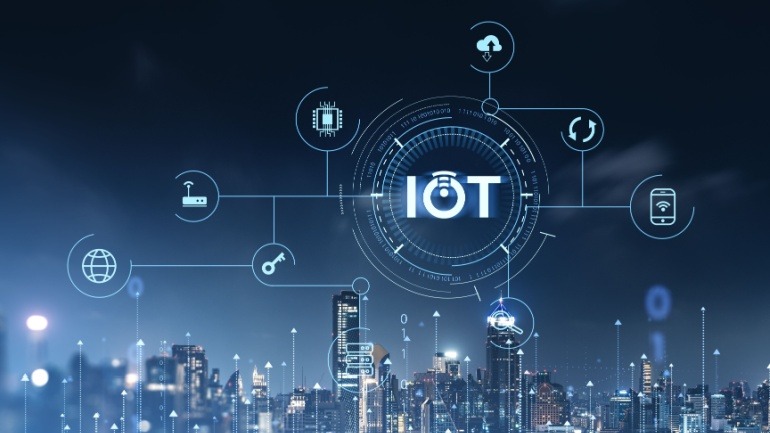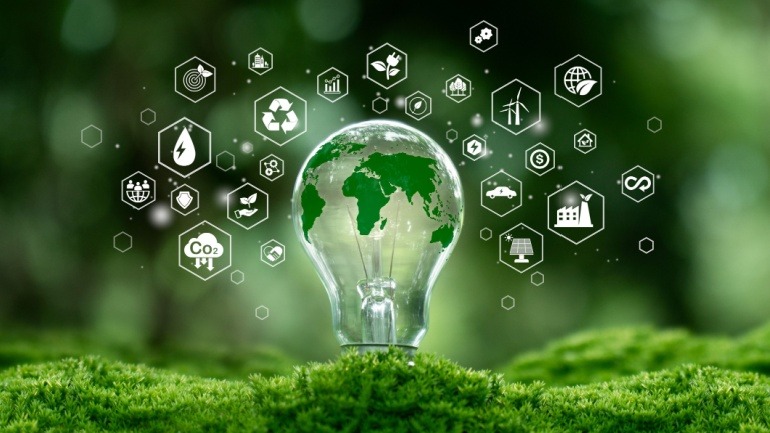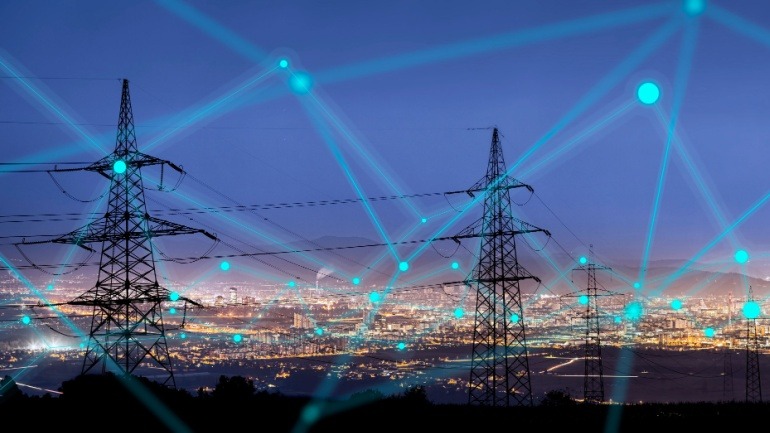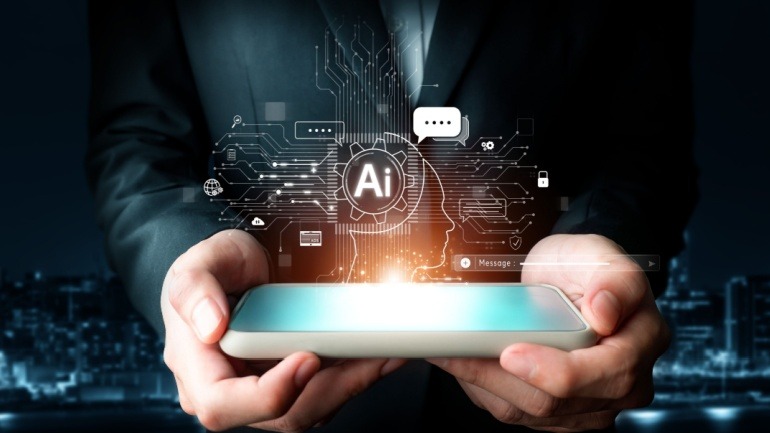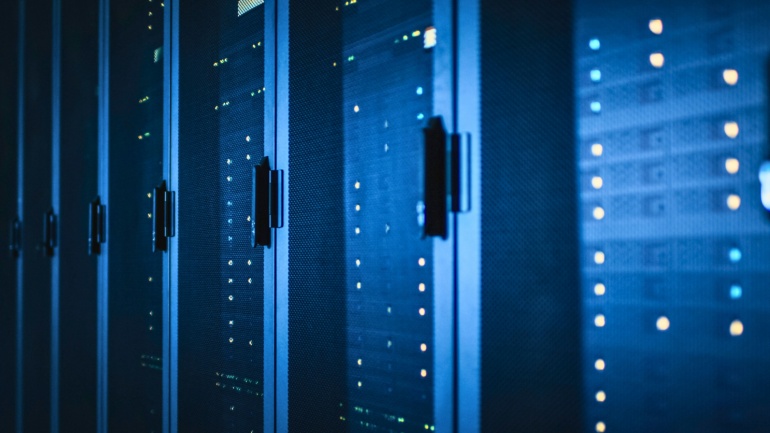The ambitious partnership between Fermi America and Hyundai Engineering & Construction introduces a groundbreaking nuclear-based hybrid energy project in Texas. Aiming to meet the rising energy demands of AI and data centers, this innovative grid will integrate nuclear, solar, and natural gas. Such energy diversity ensures reliable power while championing environmental sustainability.
Pennsylvania emerges as a key player in AI and energy sectors with over $90 billion in investments. The focus on data centers, energy infrastructure, and AI workforce training promises extensive job opportunities.
Nokia’s Enscryb platform is set to revolutionize the energy sector by leveraging digital twin technology. Through partnerships with energy leaders like NODES and Smartecon, Enscryb enhances energy flexibility, integrates renewable data, and supports sustainability goals.
Linxens and Dracula Technologies have partnered to develop battery free smart labels powered by light and radio waves. This sustainable innovation aims to reduce battery waste in the growing IoT sector, using energy harvesting and biodegradable materials to create eco friendly, energy autonomous devices.
NTT has launched a new energy storage division under NTT Anode Energy, managing 340 MWh across Japan. The initiative supports grid stability and wholesale energy trading. Alongside, NTT is expanding its global data center footprint, investing $10 billion through 2027 to deliver scalable infrastructure.
The United Kingdom’s AI Energy Council is harmonizing clean energy with AI infrastructure. Key players like Microsoft and AWS aim to ensure sustainable power for data centers and AI facilities. This initiative aligns AI growth with renewable energy sources, enhancing the U.K.’s computing power and economic development.
Vodafone and SP Energy Networks have partnered to modernize telecoms infrastructure across Scotland’s power grid, upgrading connectivity at 19,500 substations. The project aims to boost grid reliability, speed up fault response, and support renewable energy integration—delivering a smarter, more resilient electricity network.
The escalating energy consumption by data centers poses critical challenges, with cooling systems driving immense power usage. As data centers expand, particularly to support emerging technologies like generative AI, power demands are mushrooming.
BT has launched an upgraded Carbon Network Dashboard, offering businesses valuable insights into electricity use and carbon emissions. This tool is essential for managing AI-driven energy demands, reducing unexpected network activity spikes.
Google’s plans to establish a large data centre in Dublin were recently thwarted by the South Dublin County Council, citing energy consumption and environmental impact concerns. The data centre, expected to operate by 2027, faced issues over the strain on the national power grid and insufficient on-site renewable energy, sparking a broader debate about sustainable digital growth.





